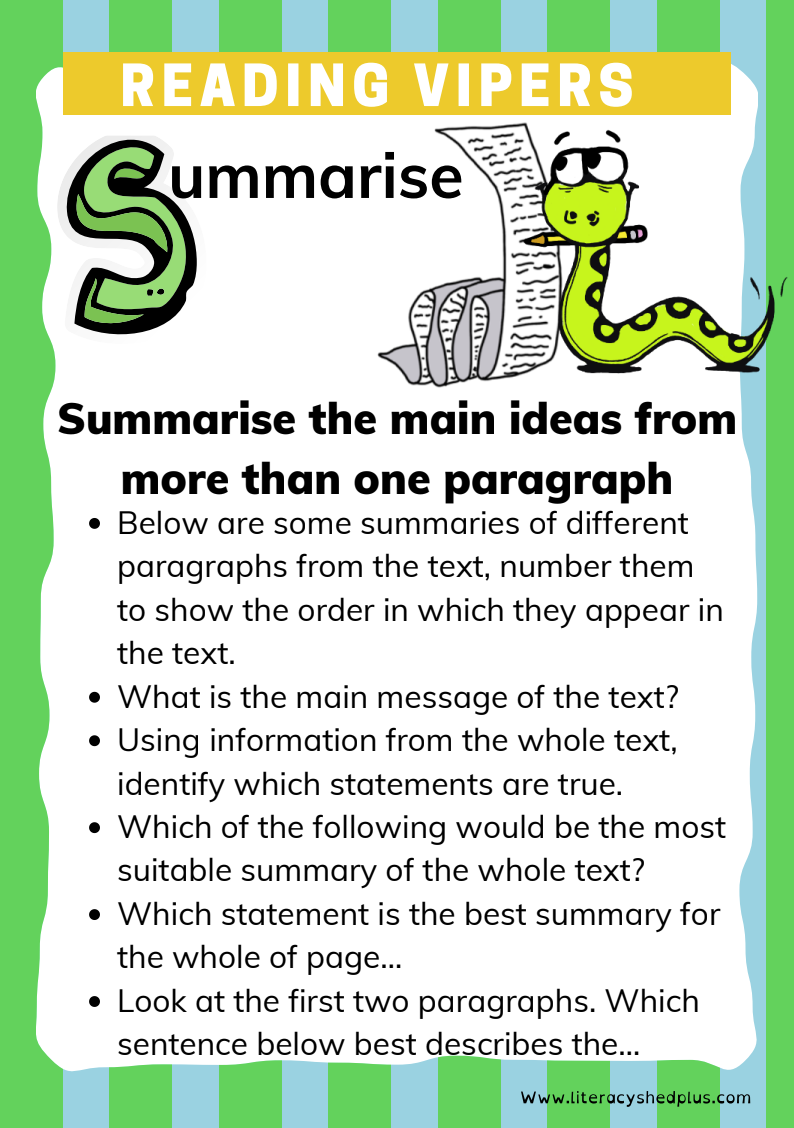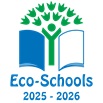Phonics
At Elm Tree Community Primary School we are committed to the delivery of excellence in the teaching of Phonics. We are passionate about ensuring all children become confident readers and writers and that this happens as soon as possible. Phonics is a key skill that supports the development of early reading skills and our mission is to teach every child to read and write and to keep them reading throughout their lives.
Many of our children join Elm Tree after many negative experiences of school including multiple school placements and so it is widely known that a child’s previous experience of phonics may have taken place across various programmes and often with large chunks of missed learning having occurred. Often our children really struggle to overcome this as well as many other barriers to learning to read and write including; global delay, difficulties in speech, language and communication difficulties, dyslexia, fine and gross motor difficulties, ASD, ADHD and auditory and visual difficulties. We ensure that the way we approach phonics is multi-sensory and does not overwhelm the children into ‘shutting down’ when learning phonics as the main approach to reading and writing.
Through Little Wandle Letters and Sounds programme (revised) we aim to ensure that the flexibility offered within the programme meets the complex needs of our children and facilitates staff to ensure that all children make progress in their phonics learning and development, wherever their gaps are and at whatever pace is necessary to ensure children are applying their phonic knowledge and skills to reading and writing.
Phonics Policy - Click to view
Little Wandle Guidance for Parents - Click to view
Reading
Our curriculum seeks to instill a love and passion for reading and literacy within our children. Children are exposed to a wide variety of genres and authors from modern and classical literature.
We work particularly hard to develop a love of literature, and in effect language, so that children can access many levels of learning.
In teaching children English, we aim for our children to have:
-
To present ideas with confidence, whilst respecting the views of others.
-
Express their opinions and feelings confidently
-
To develop a love of reading for pleasure
-
For children to feel excitement and ownership over what they are reading, so that they become willing and confident to engage in reading.
-
A positive attitude towards writing for different purposes
-
Exposure to a breadth and depth of vocabulary
Phonics and Reading Progression - Click to view
Recommended Reads
These posters have a number of books that are suitable for children of primary age, no matter what their developmental stage. We have a number of these books available at the school library, if there are any in particular that you would your child to have access to then please get in touch with school. The books come recommended by a number of teachers and literary experts. As ever, we recommend that parents check they are happy that the content is suitable for their child.
Helping your child to develop comprehension.
At Elm Tree we use the VIPERS to help ask children questions to develop their reading comprehension. VIPERS is an acronym to aid the recall of the 6 reading domains as part of the UK’s reading curriculum.
VIPERS stands for
Vocabulary
Inference
Prediction
Explanation
Retrieval
Sequence or Summarise
The 6 domains focus on the comprehension aspect of reading and not the mechanics: decoding, fluency, prosody etc. As such, VIPERS is not a reading scheme but rather a method of ensuring that we ask, and children are familiar with, a range of questions.
Some examples of questions which can be asked children during reading are included in the VIPERS posters below:
Writing
At Elm Tree each term children’s writing journey follows a poetry, fiction, non-fiction sequence. This allows children to develop rich language and vocabulary and explore features through poetry, which can be transferred into fiction writing. The knowledge developed through fiction can then be transferred into the non-fiction. Each term teachers support the retrieval of previously learnt skills.
Writing progression skills document - Click to view
English Curriculum - Click to view








.png)

.jpg)

.png)

.jpg)

.png)